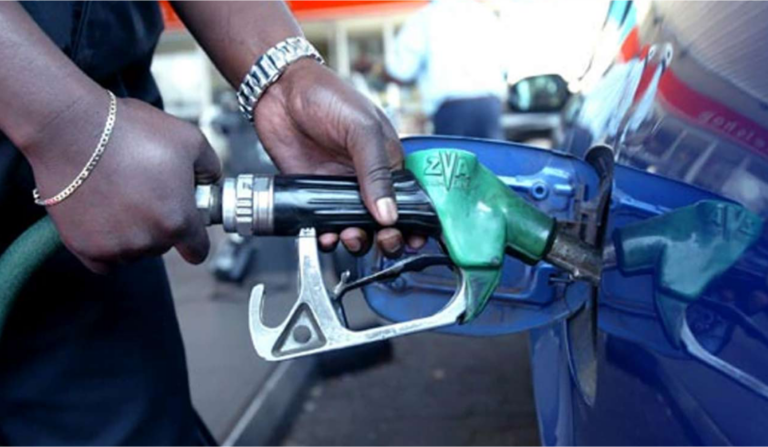Fuel importers in Nigeria may be facing their final days, as local refining takes center stage and reshapes the country’s petroleum landscape. This bold prediction comes from the Crude Oil Refinery Owners Association of Nigeria (CORAN), who say that importers resisting the shift toward homegrown refining are risking extinction.
The warning comes amid renewed government support for the naira-for-crude oil deal, a policy that allows Nigerian refineries like Dangote’s to purchase crude oil using the local currency. The deal had been temporarily suspended following backlash from fuel importers, but has now been reinstated by presidential order.
Importers Sound the Alarm—but Why?
While the public welcomes the steady drop in petrol prices—thanks to the local refining boom—importers are raising red flags. According to Eche Idoko, Publicity Secretary of CORAN, these complaints are driven not by genuine concern for the economy, but by self-preservation.
“The reason depot owners are crying foul is simple—they don’t want to go out of business,” Idoko said in an interview. “Imagine someone whose only job is to store water in drums. The moment the taps start flowing, those drums become useless. That’s how depot owners see pipelines and refineries—they’re a threat to their business model.”
Adapting or Becoming Obsolete
Idoko emphasized that CORAN has urged fuel marketers to adapt and pivot their business strategies to stay relevant in a refining-driven market. But, he says, the importers have largely refused to evolve.
“Refining is here to stay,” he stated. “We’re giving them the opportunity to re-strategize, to find new ways to stay in the game. But if they don’t, they’ll be left behind. The era of fuel importation is coming to an end.”
Idoko also expressed concern over the continued importation of substandard fuel, stating that some importers have actively opposed local refining just to maintain their grip on the market.
The Price War: Winners and Losers
The reintroduction of the naira-for-crude policy has already had visible effects. The Dangote refinery, which began receiving crude in naira, slashed the price of petrol from ₦1,100 to ₦860 per litre, offering much-needed relief to Nigerians. With global crude prices falling, petrol prices were poised to drop even further—until the naira-for-crude deal was briefly halted.
Now that the policy is back, prices are expected to keep falling. But while consumers cheer, fuel importers are counting their losses. Reports indicate they lost an average of ₦2.5 billion per day in March alone, adding up to ₦76.5 billion for the month.
Many importers say they’ve been forced to sell below cost to compete with cheaper locally refined products—something they claim is unsustainable.
A Clash of Visions
While CORAN sees the naira-for-crude policy as a lifeline for local industry, DAPPMAN—the Depot and Petroleum Products Marketers Association of Nigeria—calls it a threat to economic stability.
DAPPMAN argues that selling crude oil in naira instead of dollars could disrupt foreign exchange markets and scare away foreign investors.
“The global oil market runs on dollars,” said Olufemi Adewole, DAPPMAN’s Executive Secretary. “Using naira could isolate Nigeria from international markets, reduce trade, and discourage investments.”
Despite these warnings, the Federal Government has doubled down, announcing that the naira-for-crude policy will remain indefinitely.
The Bigger Picture: A Refining Revolution
For Nigeria, the stakes are high—but so are the opportunities. If the local refining revolution succeeds, it could lead to self-sufficiency in fuel production, stabilize pump prices, create jobs, and reduce the country’s reliance on costly imports.
The transformation is already underway. The question is: will fuel importers adapt in time—or be swept away by the wave of change?

